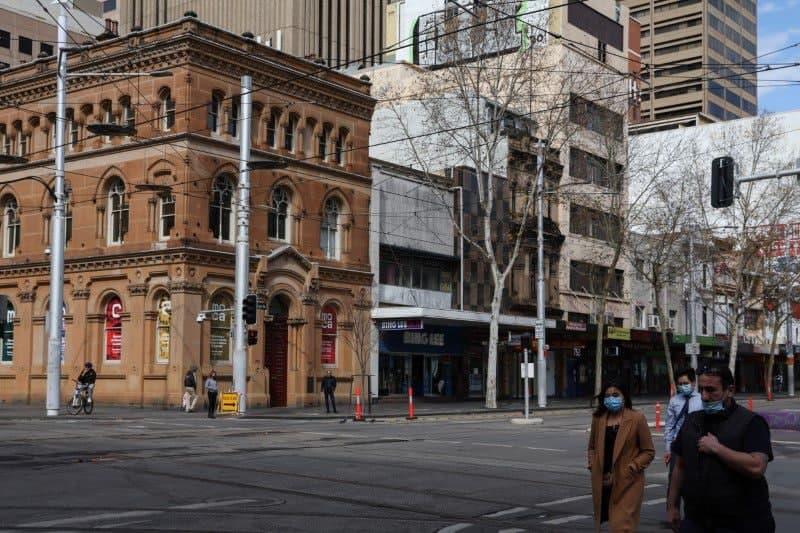SYDNEY, Aug 12 (Reuters) - Extra Australian military personnel may be called in to ensure compliance with lockdown rules in Sydney, the New South Wales state government said on Thursday, as the highly infectious Delta coronavirus variant spreads into regional areas.
The move comes as Australia's capital, Canberra, 260 km (160 miles) southwest of Sydney, announced a snap one-week lockdown from Thursday evening after reporting its first locally acquired case of COVID-19 in more than a year.
Australia is battling to get on top of the fast-moving Delta strain that has plunged two of its largest cities - Sydney and Melbourne - into hard lockdowns.
"We are making sure that we do not leave any stone unturned in relation to extra (military) resources," New South Wales (NSW) state Premier Gladys Berejiklian said at a media conference in Sydney, the state capital.
A spokesperson for Defence Minister Peter Dutton told Reuters the NSW government has indicated it would soon formally request additional military support.
Some 580 unarmed army personnel are already helping police enforce home-quarantine orders on affected households in the worst-affected suburbs of Sydney, Australia's most populous city.
Several regional towns scattered across NSW have also been forced into snap lockdowns after fresh cases, raising fears the virus is spreading out of control.
Despite seven weeks of lockdown in Sydney, daily infections continue to hover near record highs. NSW on Thursday reported 345 new locally acquired cases, most of them in Sydney, up from 344 a day earlier.
Lockdown rules were tightened in three more local council areas in Sydney, limiting the movement of people to within 5 km (3 miles) of their homes.
Officials also reported two deaths, two men in their 90s, taking the total deaths in the latest outbreak to 36. A total of 374 cases are in hospitals, with 62 in intensive care, 29 of whom require ventilation.
Neighbouring Victoria state on Thursday reported 21 new locally acquired cases, up from 20 a day earlier, as 5 million residents of Melbourne, the state capital, prepare to enter a second week of lockdown.
Of the new cases, six spent time outdoors while infectious, a number which authorities have said must return to near zero before restrictions can be eased.
Authorities on Wednesday extended the lockdown in Melbourne for another seven days until Aug. 19.
Australia has largely avoided the high coronavirus numbers seen in many other countries, with just over 37,700 cases and 946 deaths, and several states remain almost COVID-free despite the outbreaks in Sydney and Melbourne.
But the rapid spread of the Delta variant in New South Wales and a slow vaccine rollout has left the country vulnerable to a new wave of infections.
Only around 24% of people above 16 years of age are fully vaccinated, and experts see Australia heading into a cycle of stop-and-start lockdowns until a higher vaccination coverage is reached.
